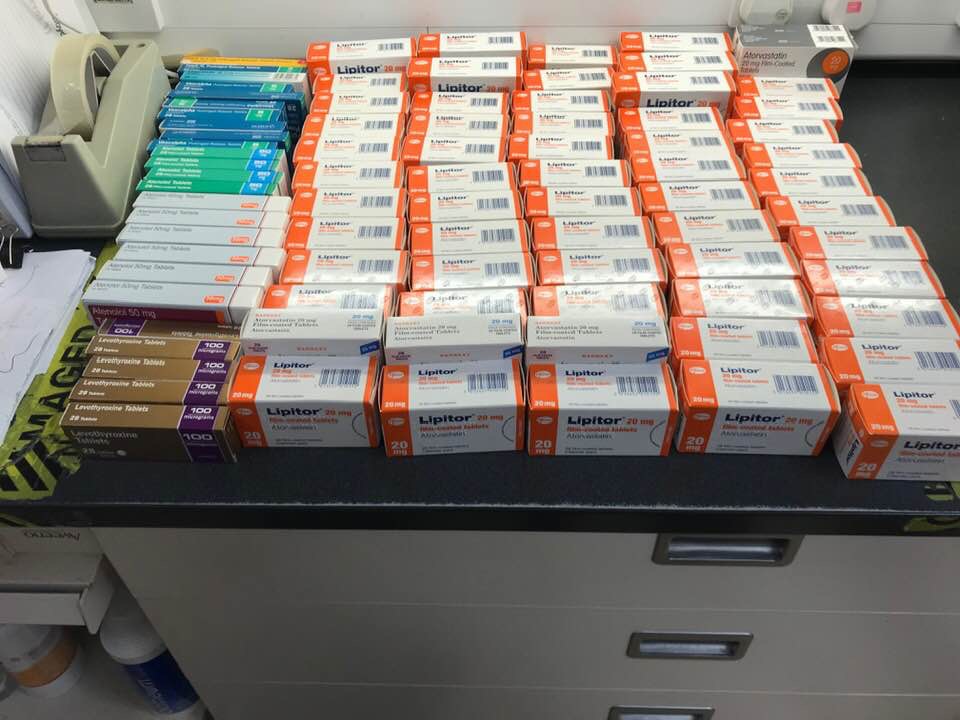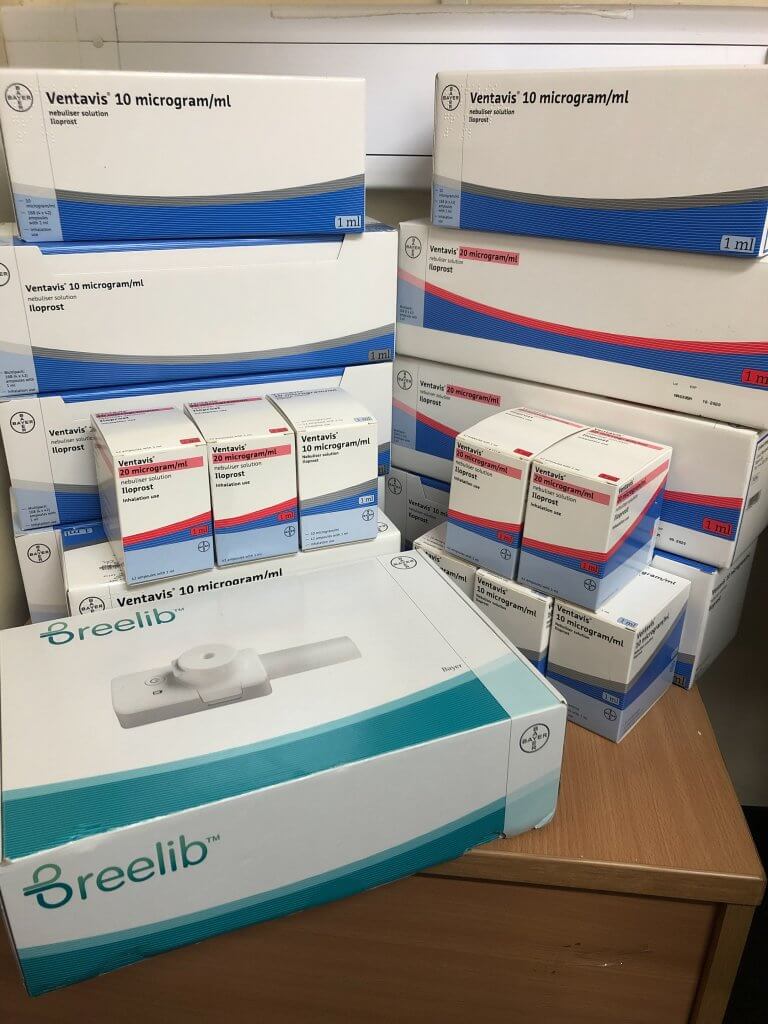Medicines – take them, don’t waste them!
Consultant pharmacist Neil Hamilton has a very important message about prescriptions.

I hope that lots of readers will read the title of this article with horror, amazement and an honest sense of ‘Neil’s preaching to the converted’! However a couple of recent episodes have prompted me to remind everyone who is on medication, for whatever condition, that it is crucial you take it as prescribed or let someone know if you are not.
Any good prescriber, be it nurse, GP or one of the team at the hospital should take time to discuss and agree any treatment plan with you. This is a vital part of any consultation and the only way to ensure that everyone is happy with a new treatment.
The reality we find is that all too often patients are unsure which tablet is which and what each of them is for.
Anyone suffering from multiple medical conditions or with memory problems may find taking lots of different medicines difficult. If this is you, have a chat with your local pharmacist about the different tools and systems they can offer you to help.
‘Non-compliance’ is the name given to the situation where a patient is not taking their medicines as prescribed. There are at least two consequences of this; firstly, clinical impact to the patient and secondly, medicine waste. Usually these go hand-in-hand. I am going to focus here on the medicine waste aspect, but almost inevitably there will be an impact on the condition too.
Medicine waste has hit the national news headlines given the amount of NHS resources involved. Some of you may have come across the photo below on social media showing medicines found at someone’s house when they had sadly passed away.

Anyone interested in reading further should have a look at www.medicinewaste.com
The website quotes that unused prescription medicines costs the NHS an estimated £300million every year. They equate this to 11,778 more community nurses or 80,906 more hip replacements. It struck me as a hugely worthwhile campaign and the website describes lots of ideas of how you can help:
Only order the medicines that you need
- Please let your GP or pharmacist know if you’ve stopped taking any of your medicines.
- Check what medicines you still have at home before re-ordering.
- Discuss your medication with your GP or pharmacist on a regular basis.
- Think carefully before ticking all the boxes on your repeat prescription forms and only tick those you really need
- If you don’t need the medicine please don’t order it! If you need the medicine in the future you can still request it.
- If you need to go into hospital, please remember to take all your medicines with you in a clearly marked bag.
- Please also remember that your medicines are prescribed only for you; it’s not safe to share them with anyone else.
Remember that unused medicines cannot be recycled
- Even if you never open them, once medicines have left the pharmacy, they cannot be recycled or used by anyone else.
- Please bring your unused medicines to the pharmacy for safe disposal.
- NEVER dispose of your unused or unwanted medicines down the toilet.
Unused medicines are a safety risk
- Return out-of-date medicines to your pharmacy or dispensary for safe disposal.
- If your medicines change – return your old medicines to the pharmacy for safe disposal to avoid mixing them up with your new medicines.
- Don’t stockpile medication – it is a safety risk for children and others who might take them.
- Store medicines in an appropriate place out of reach of children.

We recently saw a pertinent example of medicine waste on a huge scale in our PH clinic in Sheffield. You can see in the photo above how much nebulised iloprost was returned unused to us – almost 10 months’ worth, and nearly £30,000 in value.
Reducing medicines wastage is everyone’s responsibility. Healthcare resources and prescribing budgets are limited and becoming ever more so in the NHS and indeed worldwide. We need to all do our bit to ensure that waste is kept to an absolute minimum.
Ultimately, the treatments we use in PH will control symptoms and slow progression of the condition. Hence if the treatments you are prescribed are either not tolerated or ineffective, you must discuss this with the team at your specialist centre. Please don’t continue to accept homecare deliveries and build up a stockpile.
Please also be really honest in the clinic – don’t be afraid to tell us that you aren’t taking your medicines as prescribed because we can then discuss and agree other options with you. We are here for your benefit!
















